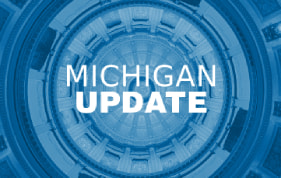At the upcoming NATCON24 convention, HMA principals Robin Trush and Jodi Pekkala will present “Achieving Data Integrity and Staff Satisfaction through Technology Data Governance.” Health equity, alternative payments, and social determinants of health are all healthcare “North Stars” in healthcare grounded in data collection. To achieve standard metrics and address patient care coordination, EHRs, population-health platforms and other technology innovations must be used accurately, consistently and be configured properly. Cross-department database governance is grounded in standards to ensure data integrity. Too often, organizations have been unable to successfully stand-up technology and maintain consistent use over time, resulting in staff dissatisfaction and turnover.
This presentation will provide an overview of proven methods for bringing technology governance and leadership into clinical planning and operations, resulting in staff satisfaction, and putting your organization on the path toward those North Stars. Presenters will share lessons in how to bring technology management into clinical planning and operation. This enhanced organizational integration model will drive better outcomes and support the staff experience.
Learning Objectives:
- Describe current industry initiatives with technology infrastructure requirements.
- Define and address common technology pain points for organizations and staff.
- Define guidance for data governance, data integrity, and staff satisfaction.
- Provide tools to take an organizational “pulse” and create a path to improvement.
Please join this workshop at NATCON24 on Monday, April 15, 2024 from 4:15 – 5:15 PM CT Location: 100/101, Level 1, ACCC
As longtime leaders in health and human services, HMA’s behavioral health, IT and data experts bring front line and leadership experience to their work supporting Health and Human Services IT projects. Combine this with the broad programmatic and operations expertise of the HMA team—which includes former clinicians, Medicaid directors, and leaders of provider and payer organizations—and we are able to deliver targeted, relevant, actionable advice to our clients. We aim to advance equity and improve quality in state, county, and local program development. Contact us to learn more.







